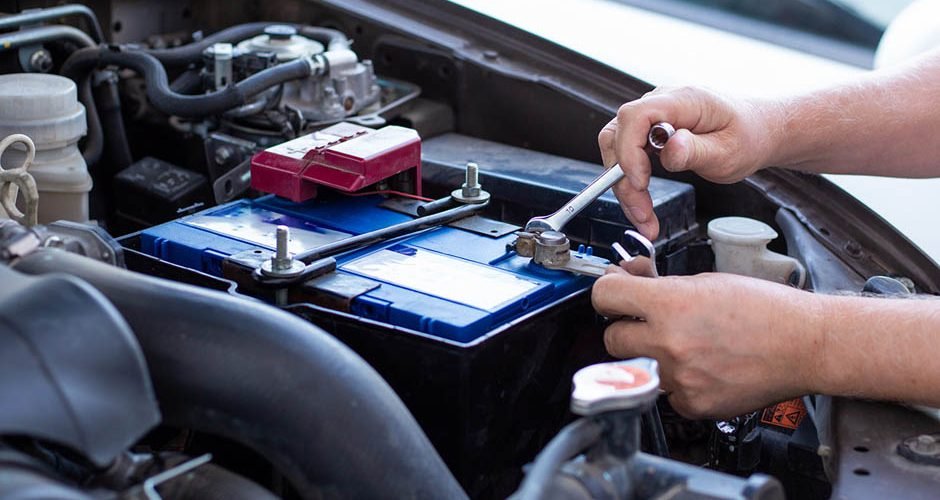Have you ever experienced turning your car on, the engine won’t start, and all the warning lights start showing up on your dashboard? This is the usual nightmare of new drivers. But you don’t have to be in this situation if you maintain your car regularly.
Your car battery is one of the components that compose the heart and soul of your engine. It powers many electrical systems and makes sure the engine starts smoothly. Car batteries have a limited lifespan like every other component and may eventually fail. This article will help you determine signs that it’s time to change your car battery.
Table of Contents
How Long Does a Car Battery Last
Car batteries usually last from three to five years, though this might vary depending on several factors. A battery’s lifespan can be increased with routine maintenance, including ensuring the charging is done correctly and inspecting and cleaning corroded terminals.
Signs That Your Car Battery Needs Replacement
To prevent unforeseen malfunctions and guarantee dependable operation, it’s essential to recognize the warning indications that it’s time to replace your car’s battery. Here are some of the telltale signs that you might need to have your battery replaced and Shop Car Batteries:
Battery Lifespan
Age is one of the most important factors in determining whether to replace your car’s battery. Once your battery reaches its third year, you should at least take proactive measures to check its state since it is getting close to or past its time limit.
An unexpected battery failure can result from age-related wear and tear, even if it seems to be functioning properly.
Slow Engine Start
A delayed engine start is one of the most obvious indicators of a failing battery. The battery provides the energy needed to start the engine when you turn the key in the ignition. If you’re having difficulty starting your engine, the battery is losing capacity.
It’s critical to keep an eye on the efficiency and speed of your engine to identify battery problems early. By routinely evaluating this aspect of your car’s operation, you can spot a failing battery before it strands you with an unresponsive engine.
Corroded Battery Terminals
Corroded battery connections are a typical problem that indicates your car battery may need to be replaced. Over time, an accumulation of corrosion on the battery terminals may prevent energy from flowing from the battery to the car’s electrical system. This may result in inadequate electrical connectivity and weaken the battery.
Unusual Odors
Strange smells from your car may also indicate that your battery is about to die, though this rarely happens. A rotten egg odor near your car may indicate a leaky or overheating battery. These problems present a safety risk and must be fixed immediately to stop more harm.
Warning Lights
It is too late if your engine warning light is already lit up. Intricate onboard computers in modern cars keep an eye on several systems. When your battery is having trouble, it might cause warning lights to illuminate, most frequently the battery symbol.
This warning light prompts you to look into any problems more thoroughly by acting as an early warning. Electrical problems might also be warning signs of a deteriorating battery and warning lights. Your battery has trouble supplying a steady power source if you detect problems in different accessories, flashing lights, or inconsistent power window performance.
Extend Your Battery’s Lifespan by Flagging Warning Signs
Frequent maintenance can assist you in identifying battery problems early on. This includes visual checks of battery terminals and monitoring the electrical performance of your car. To guarantee the continuous effectiveness and safety of your car on the road, it’s advised that you speak with a trained mechanic if you see any of the symptoms above.
Ultimately, to avoid unplanned breakdowns and preserve your car’s peak performance, monitoring the age of the battery, performing regular checks, and replacing it as advised are crucial procedures.





